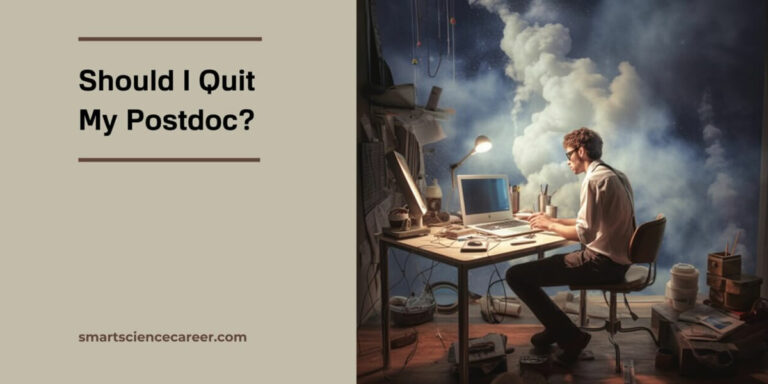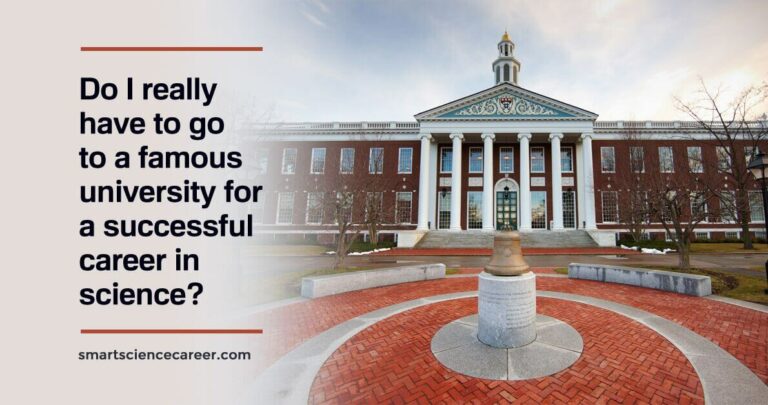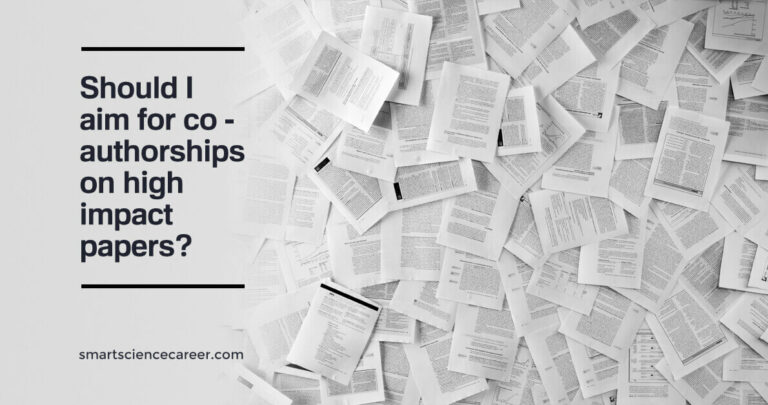Should I Quit My Postdoc? Or Should I Finish It?
If you have doubts about whether to stay or leave your postdoc position, quitting your postdoc can be daunting. But it can also be a great opportunity to move forward in your career.

If you have doubts about whether to stay or leave your postdoc position, quitting your postdoc can be daunting. But it can also be a great opportunity to move forward in your career.

Everybody knows that high impact factors are essential for a career in science. However, young scientists often underestimate the value of citations. They provide a more valuable estimate of the quality of a scientific publication than other metrics, including impact factors. In this article, I provide 20 strategies to increase your citation counts.

Academic tenure is fundamental to higher education, offering professors permanent employment and job security to protect academic freedom. This status allows professors to explore, teach, and publish without fear of repercussions and promotes an environment for innovative and potentially controversial research. Achieving tenure involves a rigorous review of teaching, research, and service contributions.

Raising research funding is an essential skill that makes you attractive for positions in industry and academia. However, at the beginning of your career, you are often not eligible, and you are confronted with a dilemma: Either risk not getting the grant or submitting it under the name of your supervisor. What should you do?

Young scientists often get conflicting advice on how they should publish. Every generation of young scientists has to address similar questions: Should I publish several smaller papers or focus on one big paper with a high impact factor? What is the effect of my publication strategy on my scientific career and the possibility of raising grant money? How important is my publication list for a non-academic career?

Being a professor is amazing: a lot of academic freedom to investigate and teach exciting subjects and a secure salary until retirement. However, obtaining this position can be pretty strenuous, and many young scientists do not know the requirements to qualify for such a position. In this article, I give you 10 essential parameters a selection committee will evaluate when selecting a new professor.

In order to get grants or academic positions, it is often necessary to show scientific independence. But how do you do that? The following strategies will help young scientists to develop and demonstrate scientific independence.

Everybody will tell you that going to a famous university is essential for a successful career in science. Important arguments are the network you build (for example, via alum associations), the excellent infrastructure, and the great scientists you might connect with. However, is it real – or is it a myth?

It is often tempting for young scientists to aim for co-authorships on papers published in journals with a high impact factor. However, is it a clever career move?

Attending a scientific meeting can be very inspiring. It may broaden your network and help you to make yourself and your research visible to a broad audience. Nevertheless, it is also often time-consuming and expensive. How do you choose the right meetings to attend?